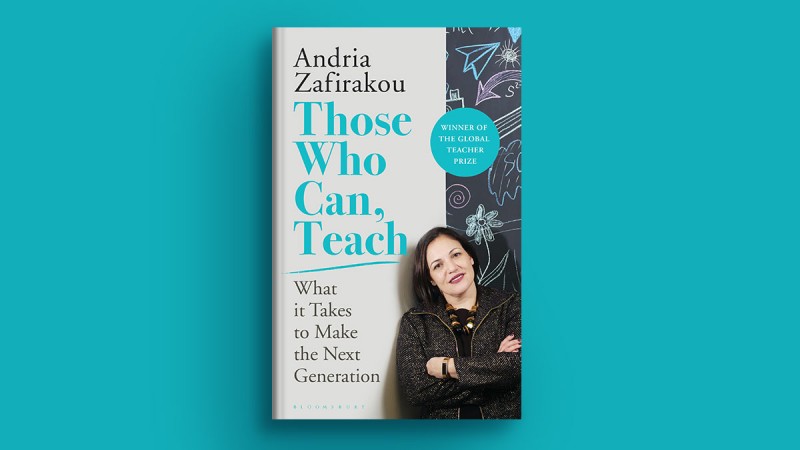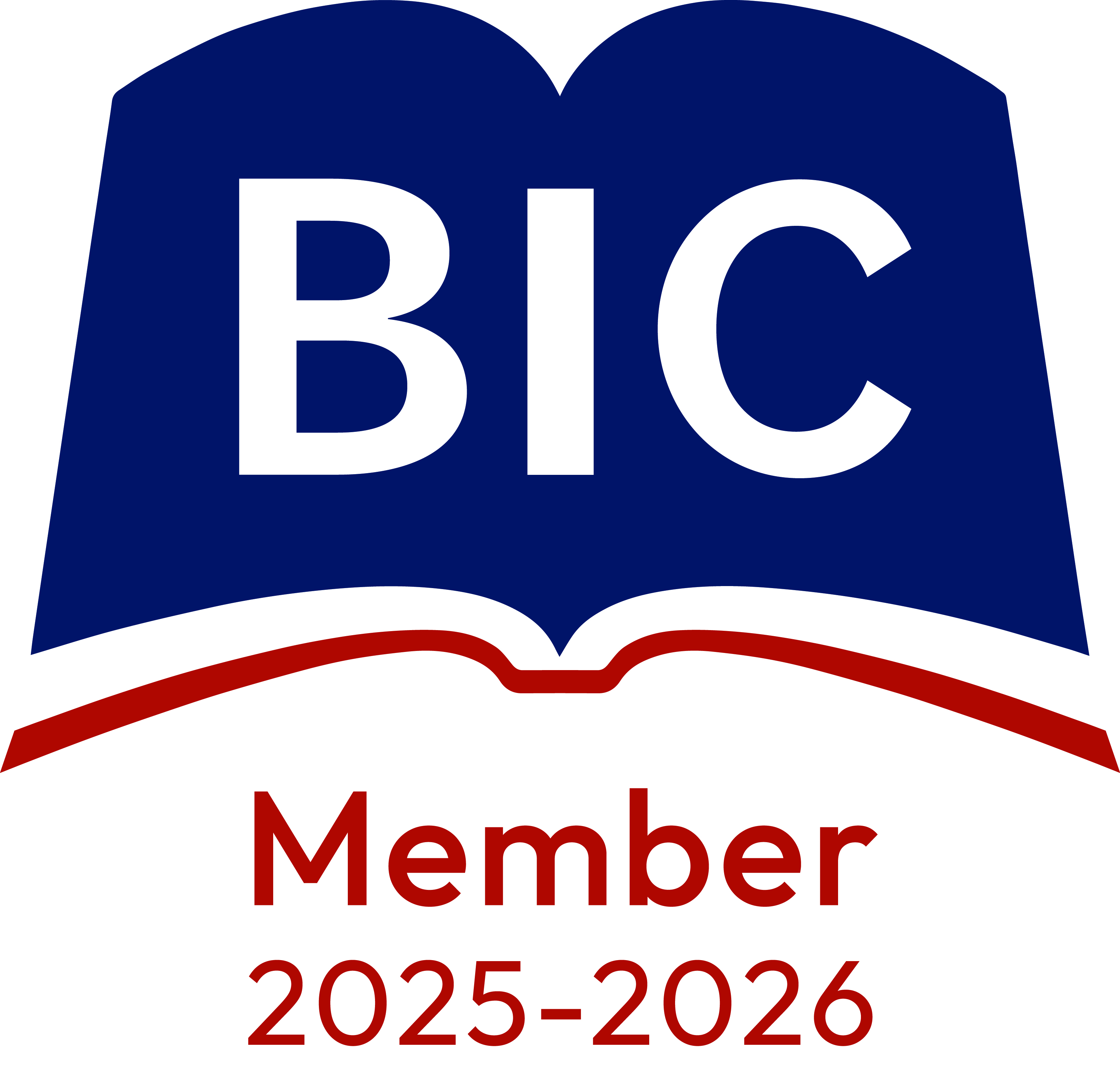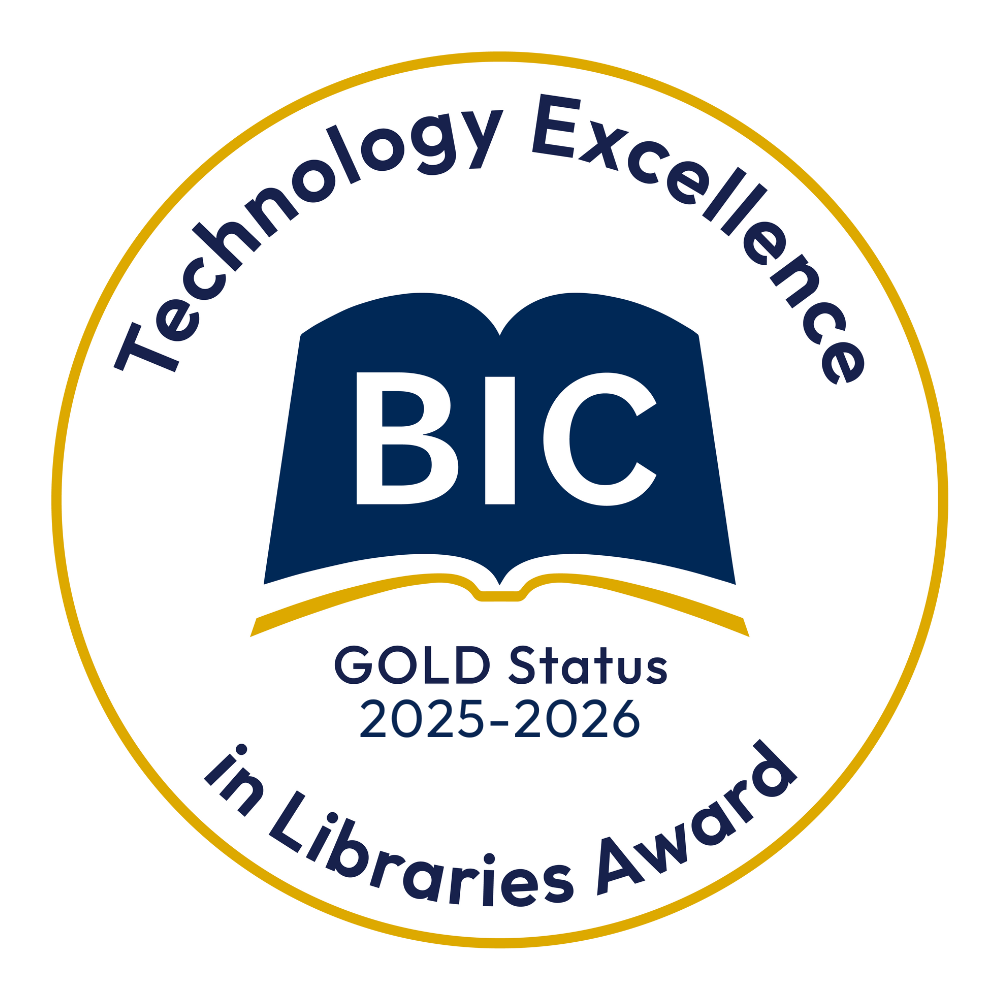For help, advice and telephone ordering call our team on 0121 666 6646
Are you sure you wish to delete this basket?()
This action cannot be undone.
Sorry, something went wrong
Please report the problem here.
Andria Zafirakou and Those Who Can, Teach: What it Takes to Make the Next Generation

April 15th 2021
Andria Zafirakou is a teacher at Alperton Community School in Brent, and in 2018 she won the Global Teacher Prize, crowned the best teacher in the world by the Varkey Foundation. Andria was born in north-west London to Greek-Cypriot parents and state-educated in Brent and Camden. She is an art and textiles teacher in Brent on the outskirts of London, one of the world’s most ethnically diverse places. She is passionate about education and changing the lives of young people and underserved communities through creativity. She has worked her entire teaching career of 14 years at Alperton Community School and was promoted to Deputy Head of Art within a year of her arrival. She is now Associate Deputy Headteacher leading on staff professional development. Using the prize money awarded by the Global Teacher prize, Andria founded a charity called Artists in Residence (AiR) with an aim to improve arts education in schools. Andria has also been named in the top ten of The Evening Standard's 1000 Londoners List, a list of the most influential people in London. She is a Culture Leader for the World Economic Forum's as well as a member of their Global Future Leaders Council.
Her book, Those Who Can, Teach: How to Make the Next Generation, is out today.
Q: What led to you becoming a teacher? Did you always know you wanted to teach?
Simply put: yes! I remember being around five years old and playing ‘teachers’ with my teddies and younger cousins, where I would read to them and take them on ‘trips’ around the house. I remember having a register where I would tick their names using a red pen. I also recall my parents coming home from a parents’ evening at my primary school, where I had been called ‘too bossy’ as I kept ‘telling the teacher what to do’!
When I was studying for my GCSEs, I would sit in the art room and rearrange the furniture in my mind, thinking about where I would put the paint, brushes and displays. I kept all of the handouts and resources that I was given just in case they were useful for when I became a teacher.
You could say that it was more a matter of ‘when’ I was going to be a teacher rather than ‘if’!
Q: The pandemic has had (and continues to have) a huge impact on schools and teachers – what changes have you seen during the past year, positive and negative? What have been the challenges of remote teaching and learning for your pupils?
I am ecstatic to be back in a real classroom. Teaching remotely was really challenging for me and I could not wait to get back into my real world. This was mainly because I had to transform my whole practice of teaching and learn a new language called ‘online teaching’. My wonderful classroom – which was busy, colourful, inspirational, and packed full of glorious artwork – became a fourteen-inch computer screen. My teaching resources and materials that had served me and my students well for the last fifteen years were now mostly useless, and I had a constant guilty conscience questioning: ‘Was that good enough?’ ‘Did they enjoy that?’ ‘Did they understand?’ However, like with any challenge, you try to rise to it and adapt. I became more confident with using technology and I was beginning to enjoy creating new lessons and learning new methods. There were also incredible online support communities constantly available and sharing good practice. I learnt so much and have become a better teacher by learning and adapting lessons plans and resources from other educators.
I also noticed that there were some students who really benefited from remote learning as they were independent, had more control over their learning and had a home environment that was supportive to their learning needs. This was indeed a wonderful surprise.
Q: What do you think are the biggest hurdles currently facing teachers?
There are so many hurdles that teachers are facing at the moment. The biggest, I feel, is that although we are back in school, many of us are still not able to teach what we want due to having to think about continuation of bubbles and equipment sharing. We need to rethink resource sharing, and plan lessons that ensure maximum engagement while still having the barriers of masks and teaching at the front of the class. Last week, I found myself staring at a lonely bristle brush propped up in an old mug by my sink, thinking about how many hands would have held that brush in one day previously compared to now.
Q: In your book, you talk about the power of art in unlocking trauma for some of your most disadvantaged pupils. Can you tell us a bit more about how you go about this in your lessons and more widely throughout the school?
I think it is about ensuring that you do not hold any prejudices about what a child is capable of. My mind is often blown away with how the most vulnerable students, who have extreme special educational needs, are often the ones that find an art form where they feel that they can communicate and be just as good as everyone else. It is about ensuring that you are an inclusive teacher.
Q: How do you know when you have made a difference to a pupil?
This is a fantastic question to which I do not exactly know the answer. I can guess it can be the time you go out of your way to speak to a child when you notice that something is not right, or it can simply be something that you say – perhaps a comment of praise that has boosted the child’s confidence. For some young people it can simply be a smile, a ‘hello’ or even the way you threaten to call their mum if they do not pull their socks up! All I know is that we do have the power to make a difference, and it is a power we need to be mindful of when we use it.
Q: Why do you think the arts continue to be undervalued in education?
Why indeed are the arts undervalued in education? This is the billion-dollar question I am constantly asking myself. The real answer is that there is no reason.
Q: Are there any specific projects are you working on at the moment? What’s next?
Not in a million years would I have thought that I would write a book. It has been such a wonderful journey of travelling back through time to revisit memories and experiences I have had, and to recall the events that shaped me. I loved every minute of it and will not be surprised if I get the bug and the sparks of inspiration to start another book.
Those Who Can, Teach is out now.




